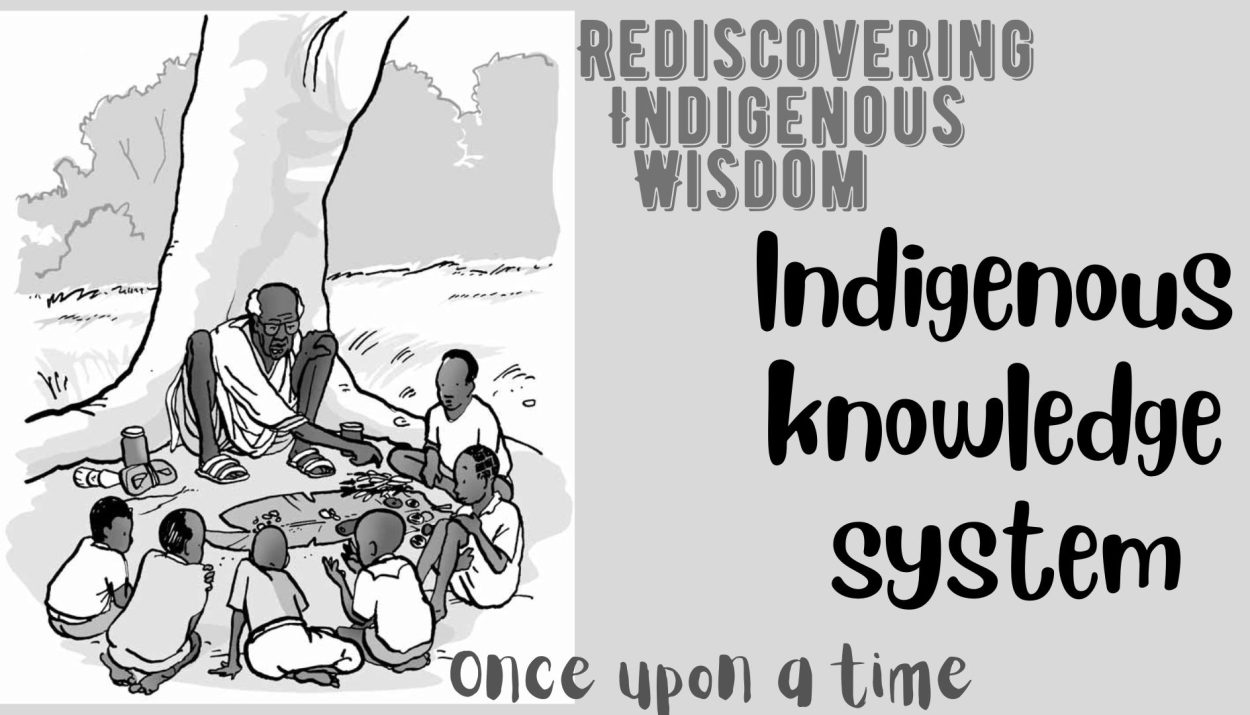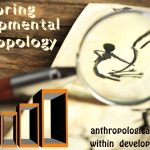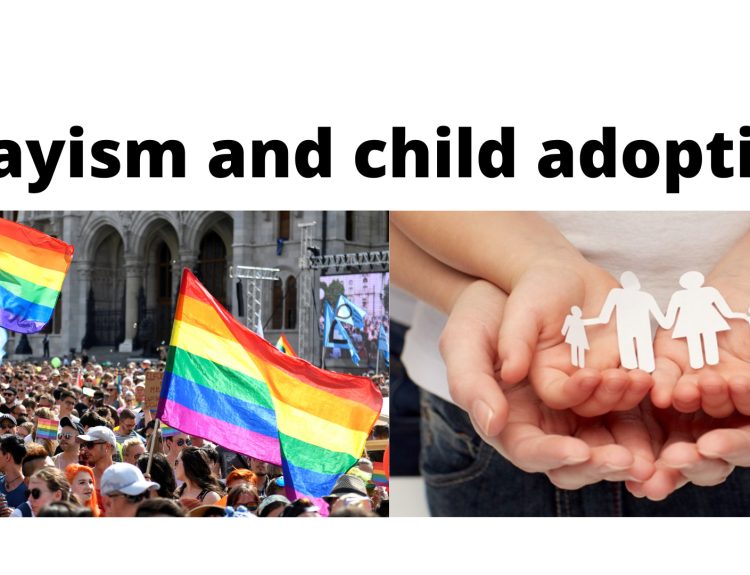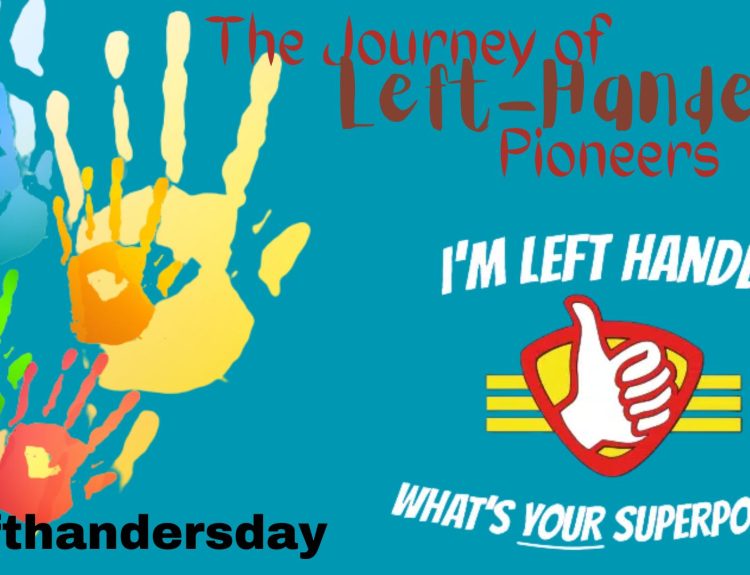For centuries, people have peacefully resided in the forest, where nature has provided everything they need to sustain their lives. Even in present times, tribal communities continue to rely entirely on forest resources. Every aspect of their lives is intertwined with the surrounding flora and fauna, which play a crucial role. Within these communities, the elderly and experienced members possess a wealth of knowledge about the natural vegetation and its diverse uses. This body of knowledge is commonly referred to as Indigenous or traditional knowledge.
The Indigenous knowledge system (IKS) encompasses the innovative practices and wisdom of indigenous and local communities worldwide, which remain closely associated with tribal communities throughout the country. These communities primarily inhabit undeveloped and remote areas, and this may be one of the reasons why their knowledge remains preserved, despite the era of globalization. It is a reciprocal relationship between humans and their surrounding environment. It forms a natural, empowering cycle that has been passed down through many generations. It is very spiritually inspired.
To gain insight into the connection between humans and their environment, explore the following destination: Ecological Anthropology
Significance of Indigenous Knowledge System in the Modern World
Drawing from numerous experiences in the past, fundamental indigenous knowledge holds the key to returning to our ancient beliefs. By tapping into this reservoir of wisdom, we can reconnect with the profound understanding accumulated over time. This knowledge offers valuable insights and guidance that can guide us towards embracing the wisdom of our ancestors and revitalizing the principles that once guided our communities.
Indigenous knowledge not only reflects our encounters with colonization but also serves as an indicator of our responses and reactions to it. Within indigenous knowledge, there are valuable aspects that we can extract and incorporate into current practices. By harvesting and integrating these elements, we can bring about positive changes and enhance our contemporary approaches.
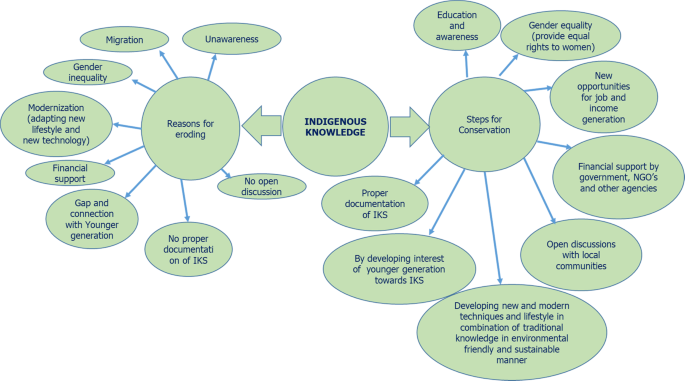
From sustainability and environmental conservation to holistic health and community resilience, the Indigenous knowledge system brings forth a unique perspective that can guide us towards a more harmonious and inclusive future. The intimate knowledge of local ecosystems, including traditional ecological knowledge, enables us to maintain a delicate balance between human needs and the natural world.
Indigenous knowledge has proven its resilience and adaptability over time, allowing communities to thrive in challenging environments. The ability to navigate complex ecosystems, adapt to climate variability, and maintain social cohesion provides valuable lessons in resilience and adaptive capacity. Incorporating indigenous knowledge into policies and practices can enhance our ability to respond effectively to current and future challenges, such as climate change, biodiversity loss, and food security.
Indigenous Knowledge System vs Traditional Knowledge System
Indigenous Knowledge System and Traditional Knowledge System refer to two distinct but related concepts that encompass the wisdom, practices, beliefs, and values of various communities and cultures. While not all traditional knowledge falls under the category of Indigenous knowledge, it is important to note that all indigenous knowledge is a subset of traditional knowledge. In other words, Indigenous knowledge can be classified as traditional knowledge, but not all traditional knowledge can be categorized as Indigenous knowledge. Traditional knowledge is broader than Indigenous knowledge.
While they share similarities, there are also differences between the two. Here’s an explanation of the dissimilarities:
Cultural Context
Indigenous Knowledge System (IKS) primarily refers to the knowledge, practices, and beliefs of indigenous peoples who have historically inhabited a particular region or territory. It is deeply rooted in the culture, spirituality, and worldview of these communities. On the other hand, Traditional Knowledge System (TKS) encompasses the accumulated knowledge and practices passed down through generations within a particular cultural or social group, regardless of whether they are considered indigenous or not.
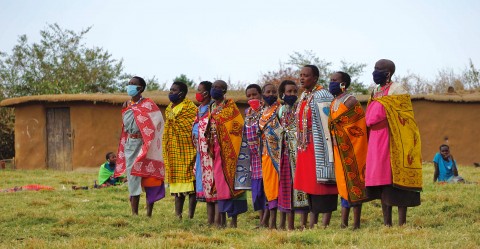
Transmission and Ownership
Indigenous knowledge is typically passed down orally from one generation to another, emphasizing the significance of elders and community members as custodians of knowledge. It is often closely tied to specific indigenous communities and their ancestral lands. Traditional knowledge, however, can be found in various cultural and social groups and may be transmitted through a range of methods, including oral traditions, rituals, ceremonies, and written records.
Scope of Knowledge
Indigenous Knowledge System tends to be holistic and comprehensive, covering a wide range of areas such as agriculture, medicine, spirituality, governance, and ecological practices. It is deeply interconnected with the environment and emphasizes sustainability and harmony with nature. Traditional Knowledge Systems, although they may include aspects similar to IKS, may also encompass knowledge specific to a particular craft, trade, or societal practice that is passed down through generations.
Recognition and Protection
Indigenous Knowledge Systems have gained recognition at the international level as valuable cultural heritage and intellectual property. The United Nations Declaration on the Rights of Indigenous Peoples (UNDRIP) acknowledges the rights of Indigenous peoples to protect, preserve, and transmit their knowledge. UNESCO’s Local and Indigenous Knowledge Systems Programme (LINKS) aims to advocate for the recognition and integration of local and indigenous knowledge within global climate science and policy frameworks. Traditional Knowledge, on the other hand, faces challenges regarding intellectual property rights and protection due to its broader scope and association with multiple communities.
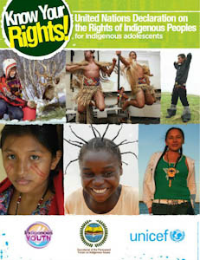
(The United Nations Declaration on the Rights of Indigenous Peoples was adopted by the United Nations General Assembly in 2007. It is a comprehensive framework that upholds the individual and collective rights of indigenous peoples, addressing a wide range of issues that they face. It sets forth principles and guidelines for the protection of indigenous cultures, lands, resources, and self-determination).
It’s important to note that these differences are not absolute and can vary depending on the specific cultural, geographical, and historical contexts in which indigenous and traditional knowledge systems are found. The key is to appreciate and respect the unique characteristics and contributions of these knowledge systems while recognizing the diversity within and between them.


